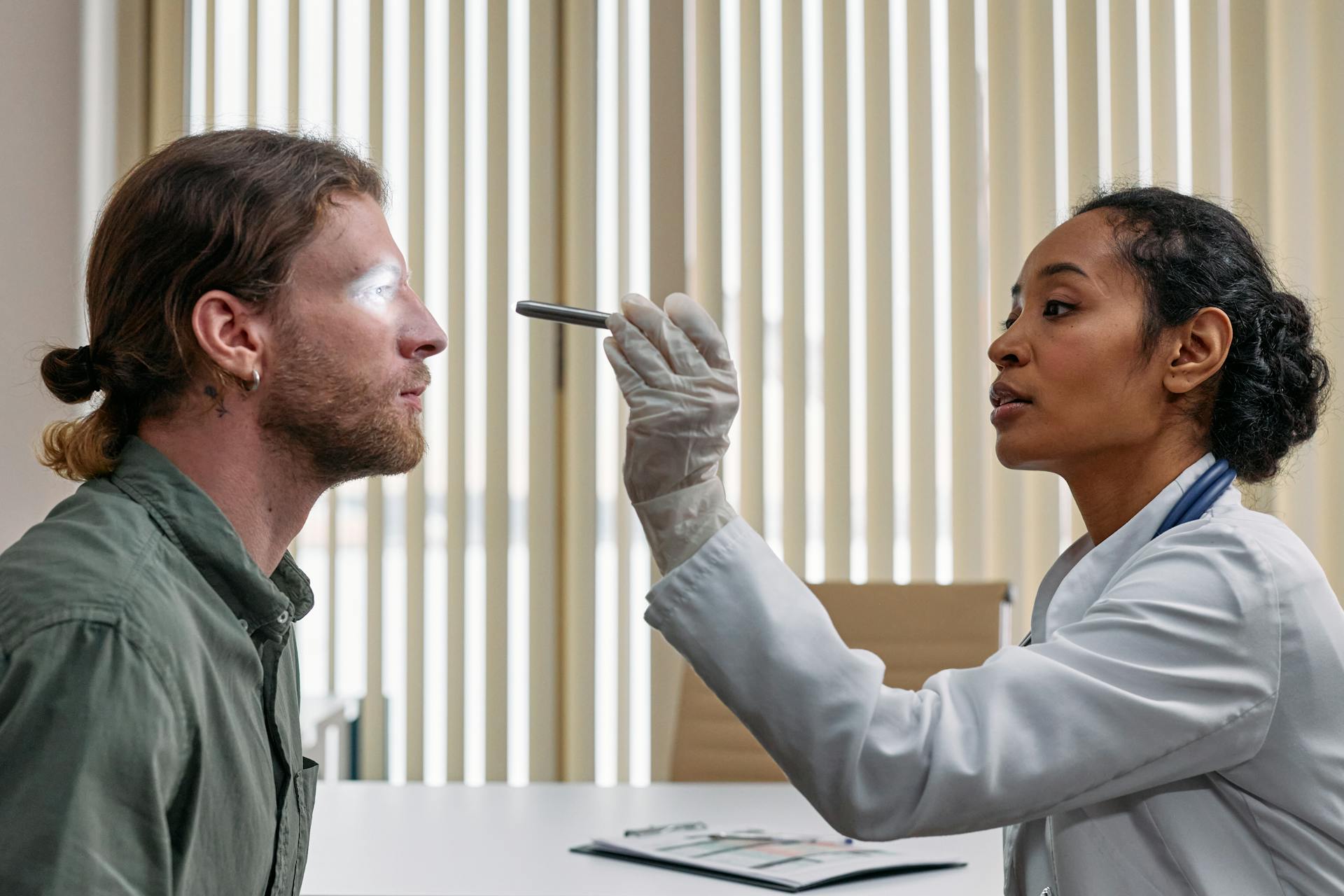Key Takeaways:
- Clinical research is fundamental to developing new and effective healthcare treatments and understanding patient needs.
- Ethical conduct and participant safety are at the core of all clinical research endeavors.
- Technological advances and global communication have transformed clinical research, making it more efficient and widespread.
Introduction to the Essence of Clinical Research
At the root of every medical advancement lies the indispensable clinical research process. This intricate and vital facet of healthcare is designed to answer critical questions about disease, the efficacy of new treatments, and improving patient care practices. Recognizing the importance of clinical research allows us to appreciate the strides being made in modern medicine and the benefits these endeavors bring to our lives.
Clinical research bridges the gap between scientific discoveries in the laboratory and their application in a real-world medical setting. This essential translation of knowledge ensures that new drugs, medical devices, and treatment protocols are safe, effective, and tailored to meet the diverse needs of patients. Through a systematic approach to testing and evaluation, clinical research lays the groundwork for regulatory approval and the widespread adoption of innovations that can enhance and save lives.
Phases of Clinical Trials and Their Significance
Clinical trials are structured into distinct phases, each with specific objectives that contribute to the overall goal of validating a medical intervention. Beginning with Phase I trials, which primarily assess safety and dosage in a small group of participants, the process progresses to Phase II and III studies that explore efficacy and side effects on a larger scale. Upon successful completion of these stages, Phase IV trials continue to monitor long-term effects after a treatment has been brought to market.
The sequenced architecture of clinical trials ensures that any new medication or procedure is scrutinized under increasing levels of rigor. This approach minimizes risks to participants, ensures the reliability of results, and underpins the credibility of medical interventions that have passed through this thorough vetting process.
The Ethical Backbone of Clinical Studies
Every clinical study is underpinned by a set of ethical principles that safeguard the rights and well-being of participants. These guidelines are enforced by oversight bodies such as Institutional Review Boards (IRBs) and ethics commissions, which ensure that studies are conducted fairly, transparently, and with informed consent.
Participants’ trust in the process is paramount, as their engagement allows researchers to gather the data essential to advancing healthcare. Ethical clinical research ultimately results in high-quality, reliable data that can be used to inform medical decisions and improve patient outcomes.
Direct Benefits of Clinical Research to Healthcare
The advances we witness in healthcare—new cancer therapies, improved diagnostic techniques, or innovative surgical methods—are often the direct results of clinical research. Beyond developing novel treatments, clinical studies provide invaluable insights into disease progression, risk factors, and outcomes based on different patient demographics and conditions.
By participating in clinical trials, patients can access new treatments before they are widely available, potentially improving their health outcomes. Furthermore, this participation aids the collective understanding of healthcare professionals, informing best practices and guiding policy.
How Innovation is Shaping Clinical Trials
Technological innovation opens up new clinical research frontiers in the contemporary medical landscape. From advanced data analytics and machine learning algorithms to wearables in patient monitoring, these tools enhance the precision and efficiency of clinical trials.
The adaptability afforded by these innovations leads to more patient-centric trial designs and can streamline the path from research to treatment, ultimately benefitting healthcare consumers faster. Keeping abreast of these developments is possible through resources that chronicle the latest trends and breakthroughs in clinical trial methodologies.
International Collaboration Enhancing Clinical Trials
As healthcare challenges know no borders, international collaboration is essential for conducting widespread and inclusive clinical trials. By pooling resources and expertise from across the globe, researchers can increase the scale of their studies and ensure that findings are broadly applicable to diverse populations.
Such collaborations often lead to accelerated discoveries and the standardization of medical practices worldwide. They also facilitate the exchange of critical healthcare information and best practices among countries, raising the standard of care globally.
The Critical Analysis of Clinical Trial Data
The data generated by clinical trials are scrutinized through rigorous statistical analysis to ensure the results are valid, reproducible, and significant. This critical analysis helps to differentiate between genuine effects and chance findings, underpinning the scientific credibility of the conclusions drawn from the research.
Open access to clinical trial data is equally important, empowering healthcare professionals and patients with the information necessary to make informed treatment decisions. Organizations exemplify this transparent approach by providing the public comprehensive information on clinical research findings.
Bridging the Knowledge Gap About Clinical Studies
Despite their critical role in healthcare, the public can often misunderstand or view clinical trials with skepticism. Raising awareness about the value and safety of clinical research is crucial for continued participation and progress.
Educational efforts can dispel myths around clinical trials, making it easier for individuals to participate or for healthcare providers to counsel patients on potential options. Transparency in communications and results reporting further nurtures the public’s trust in the research process.
Embracing the Importance of Clinical Trials
Clinical research is the linchpin of healthcare innovation, providing the evidence base to advance medicine safely and effectively. By participating in or supporting clinical trials, individuals can contribute to advancing medical knowledge and discovering new treatments that can impact the health and well-being of communities worldwide.
The future of healthcare relies on the continued progress of clinical research driven by ethical practices, patient participation, and scientific exploration. By recognizing and embracing the importance of clinical trials, society can continue to benefit from the remarkable advancements stemming from this critical field.




